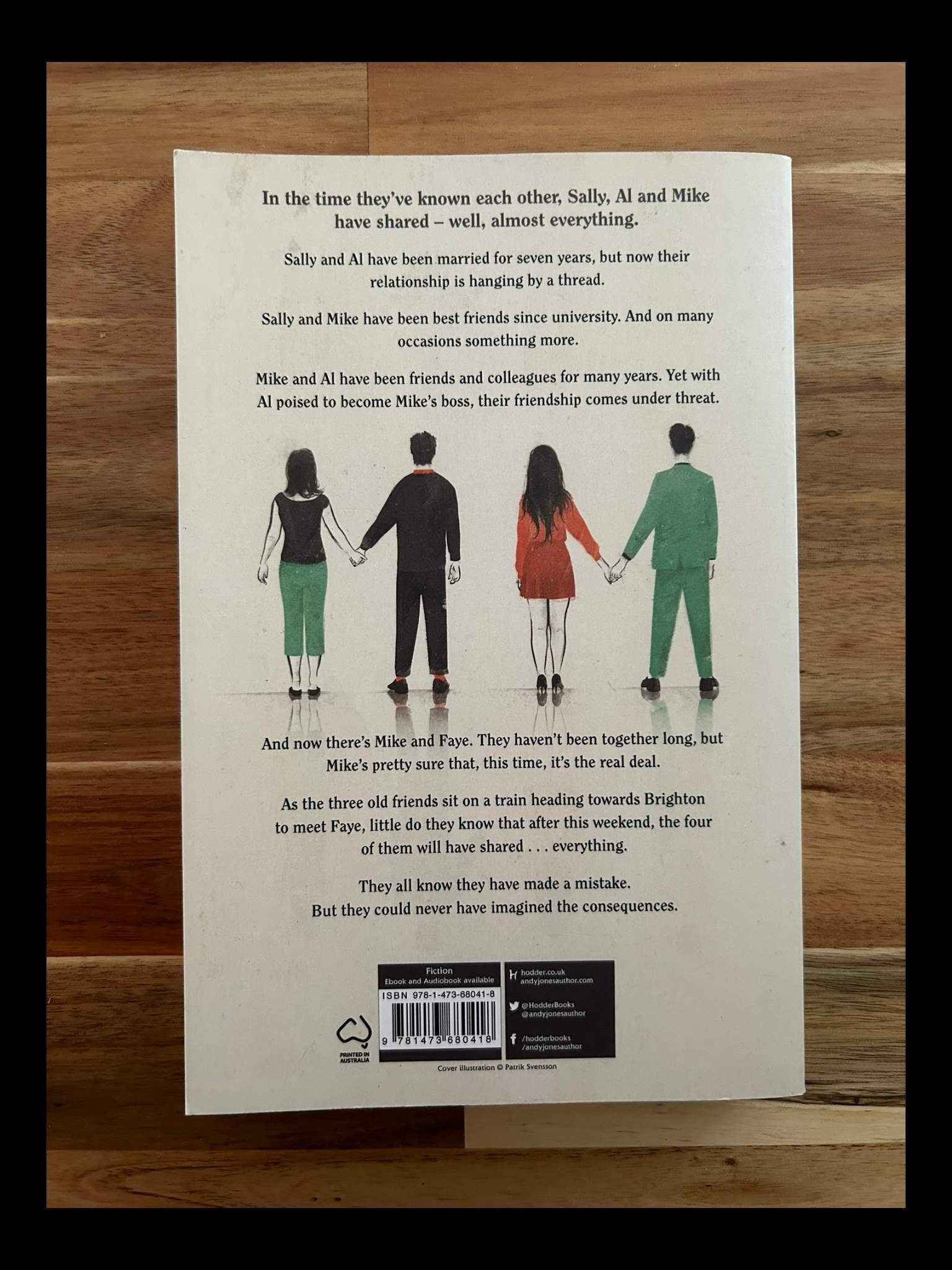The Burning Boy
Condition: Wizard's Library Copy
Size: Medium Paperback
Book Blurb
The Burning Boy won the New Zealand Book Awards in 1991.
The Burning Boy is a vivid picture of life in a provincial town in times of disturbance and change. Certainties collapse in the face of violence. People start along strange ways, some to loss or ruin, others to unexpected happiness.
'Written with verve and economy, Maurice Gee's novel has a wealth of penetratingly observed incidents, some spectacular and dramatic, some distinctly unpleasant. Most, however, are ordinary, everyday events from which Gee builds an engaging narrative and a detailed picture of the life of the city - a city which, under different names in successive novels, he is steadily making into his equivalent of Hardy's Wessex.' - Times Literary Supplement
Condition: Wizard's Library Copy
Size: Medium Paperback
Book Blurb
The Burning Boy won the New Zealand Book Awards in 1991.
The Burning Boy is a vivid picture of life in a provincial town in times of disturbance and change. Certainties collapse in the face of violence. People start along strange ways, some to loss or ruin, others to unexpected happiness.
'Written with verve and economy, Maurice Gee's novel has a wealth of penetratingly observed incidents, some spectacular and dramatic, some distinctly unpleasant. Most, however, are ordinary, everyday events from which Gee builds an engaging narrative and a detailed picture of the life of the city - a city which, under different names in successive novels, he is steadily making into his equivalent of Hardy's Wessex.' - Times Literary Supplement
Condition: Wizard's Library Copy
Size: Medium Paperback
Book Blurb
The Burning Boy won the New Zealand Book Awards in 1991.
The Burning Boy is a vivid picture of life in a provincial town in times of disturbance and change. Certainties collapse in the face of violence. People start along strange ways, some to loss or ruin, others to unexpected happiness.
'Written with verve and economy, Maurice Gee's novel has a wealth of penetratingly observed incidents, some spectacular and dramatic, some distinctly unpleasant. Most, however, are ordinary, everyday events from which Gee builds an engaging narrative and a detailed picture of the life of the city - a city which, under different names in successive novels, he is steadily making into his equivalent of Hardy's Wessex.' - Times Literary Supplement












